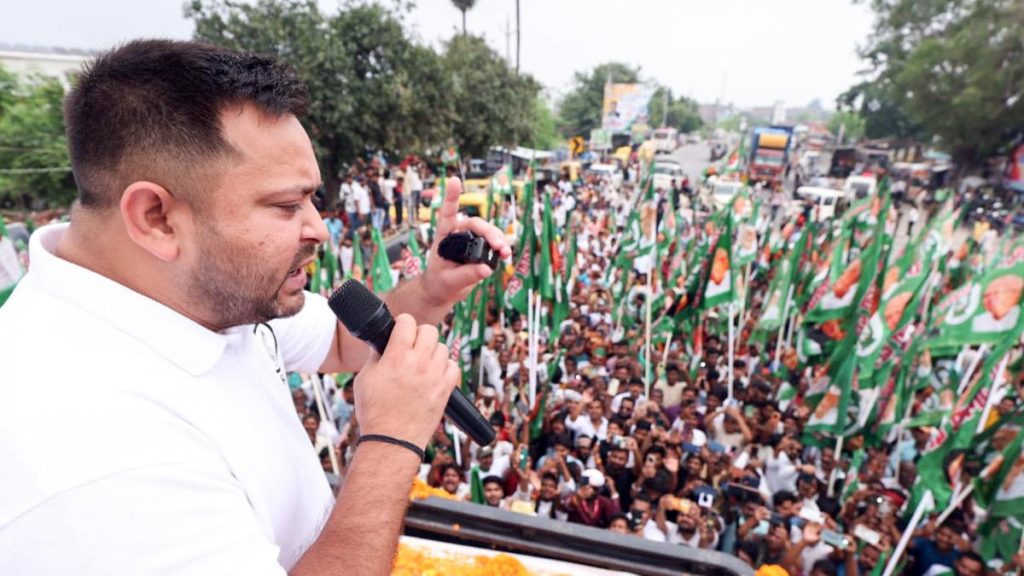Now Reading: Maharashtra Denies Police Clearance to 26/11 Acquitted Man
-
01
Maharashtra Denies Police Clearance to 26/11 Acquitted Man
Maharashtra Denies Police Clearance to 26/11 Acquitted Man

Quick Summary
- The Maharashtra government informed the Bombay High Court that Fahim Ansari, acquitted in the 26/11 Mumbai terror attacks case, was denied a Police Clearance Certificate (PCC) due to surveillance over alleged suspected links with a banned terror group.
- Mr. Ansari applied for the certificate to obtain a Public Service Vehicle (PSV) badge required for commercial autorickshaw operation.
- His petition argued that denying him PCC was arbitrary and discriminatory as he had been acquitted and had no legal barriers preventing employment.
- A confidential report and 2014 guidelines were cited by the state as reasons for rejection of his application.
- After release from prison in 2019, Mr. Ansari worked at two different printing presses but struggled financially after COVID-19 shutdowns, leading him to seek option employment as an autorickshaw driver.
- In response to an RTI request filed by Mr. Ansari, it was revealed that his PCC rejection referred to alleged ties with Lashkar-e-Taiba (LeT).
- A Bombay High Court bench questioned on what legal basis PCC denial stands when he has already been acquitted of terrorism charges.
- The matter is set for further hearing as Mr. Ansari’s advocate did not appear in court.
Indian Opinion Analysis
The case highlights a complex intersection between national security concerns and essential rights related to gainful employment and rehabilitation post-acquittal under Indian law. While it is indeed within the government’s scope to monitor individuals suspected of compromising public safety, any such measure requires robust legal justification-especially if someone has already been exonerated by court verdicts.
Mr. Ansari’s inability to secure stable livelihood opportunities despite his acquittal raises serious questions about reintegration pathways available for formerly accused individuals who are cleared of charges but remain under suspicion without proven grounds made public or transparent.The broader implications concern balancing civil liberties against perceived risks based on undisclosed intelligence reports-a scenario requiring careful judicial scrutiny whenever allegations conflict with established innocence as deemed by law.
Read more: Published September 20, 2025 – IST























